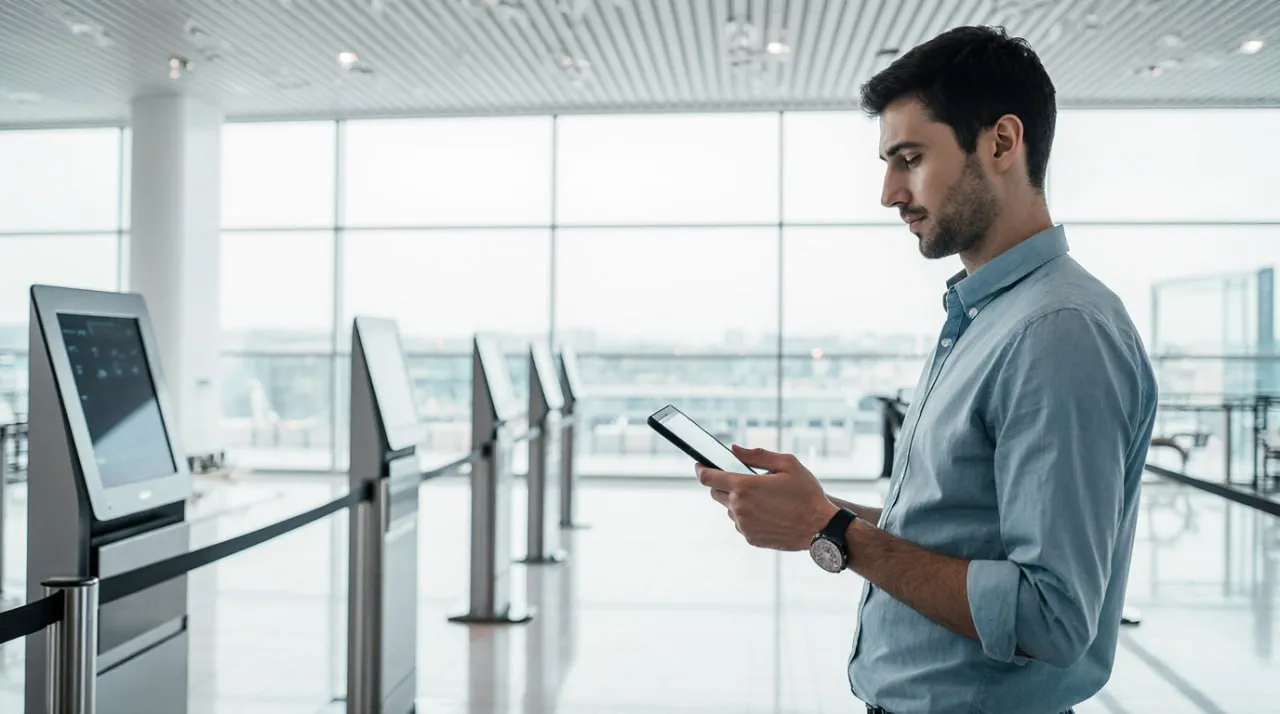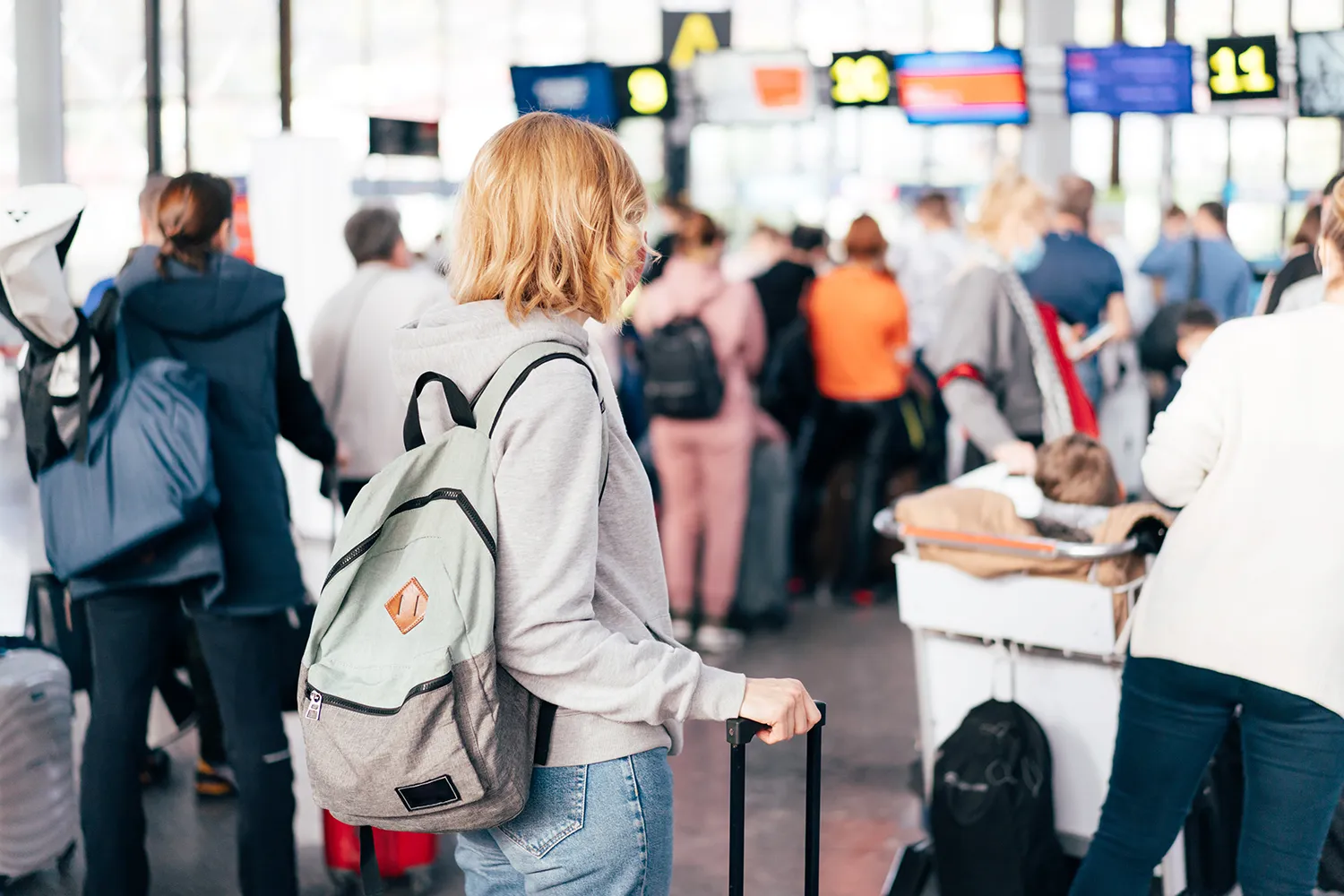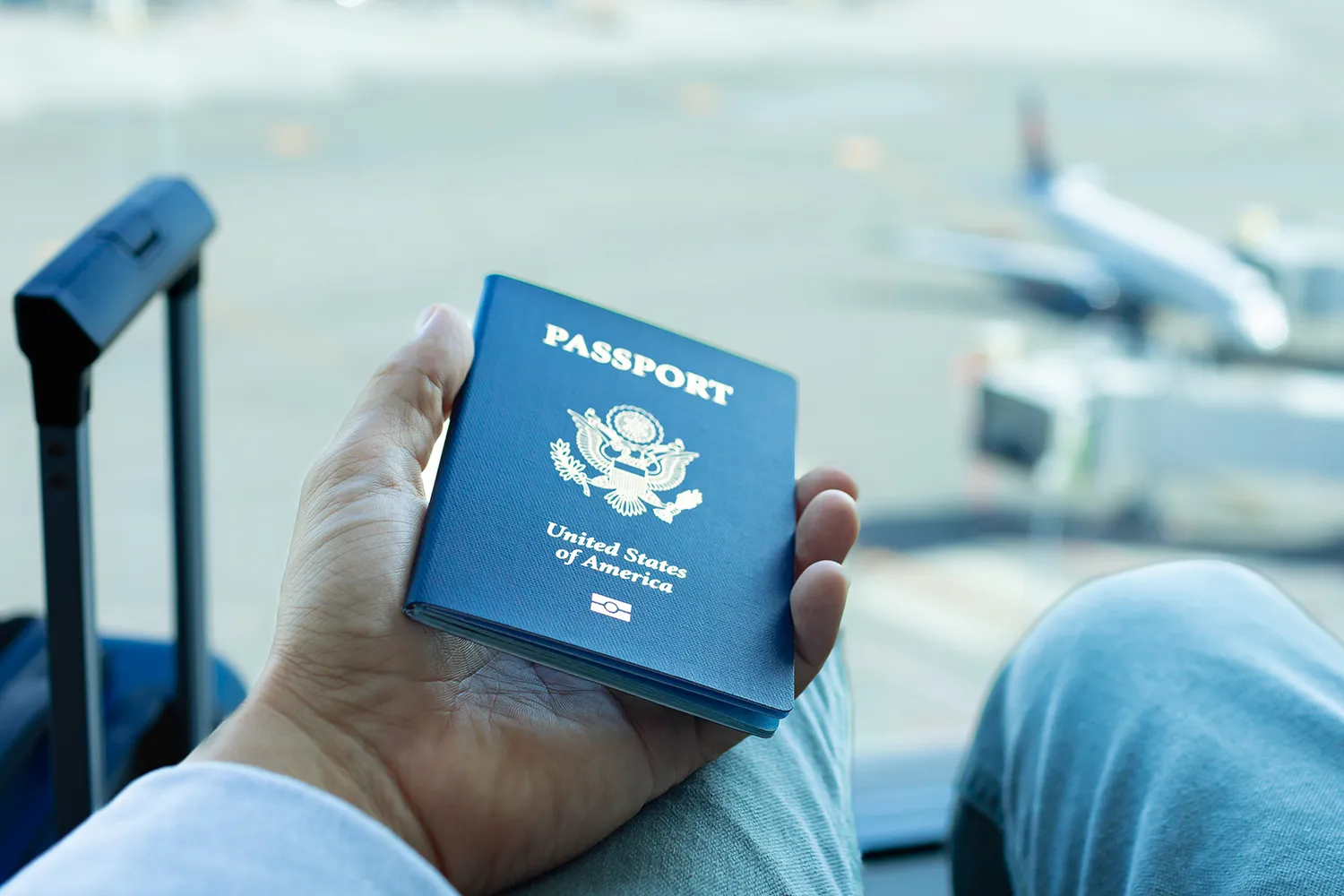Welcoming Foreign Guests as Our Own

Russia has launched ruID, a multilingual mobile application that enables foreign visitors to apply for entry and access government services remotely—streamlining bureaucratic hurdles while showcasing the country’s digital prowess
Inclusive Digital Services for Foreign Nationals
Russia’s Ministry of Digital Development, Communications and Mass Media recently unveiled ruID, a robust mobile application designed specifically for foreign nationals arriving in the country. Available on RuStore, Google Play, AppGallery and the App Store, ruID supports seven languages—English, Armenian, Kazakh, Kyrgyz, Russian, Tajik and Uzbek—to ensure ease of use and precise data collection for a diverse range of travelers.
Data submitted in the entry application is automatically verified at the border, then used to generate both a Russian social security number (SNILS) and a standard ‘Gosuslugi’ user account,” explains a ministry spokesperson, underscoring how digital integration eliminates paperwork and minimizes processing times.

Streamlining Entry Procedures with ruID
Registration through ruID remains voluntary at this stage, but developers anticipate rapid adoption once its advantages become clear. Foreigners who submit their visa‑free entry application via the app at least 72 hours before arrival can:
– Specify trip purpose and personal details —from tourism and business to study or work.– Complete biometric checks —including a selfie, identity document photo and a brief voice recording.– Monitor entry restrictions automatically, ensuring compliance with immigration rules.– Obtain SNILS and register for Gosuslugi, Russia’s centralized e‑services portal, to manage local SIM cards and other essential services.
By digitizing these steps, ruID alleviates administrative burdens for migrants, tourists, specialists and students alike. Fewer in‑person visits to government offices not only benefit users but also reduce workload on public administrators, leading to faster turnaround times and more orderly migration flows.

Future Outlook and Global Potential
The rapid digitization of migration services follows a global trend accelerated by the COVID‑19 pandemic—with China’s “Health Code” app and various e‑visa platforms around the world setting the precedent. Unlike basic e‑visa systems, ruID goes further: it builds a comprehensive digital profile, issues official documents and grants access to multiple services without a single paper form.

His remarks reflect a broader strategy: continuously expand ruID’s offerings to include medical appointments, job listings and housing rentals.
Looking ahead, Russia plans to export the ruID framework to countries eager to simplify guest registration and integration. Potential integrations with digital passports and the Unified Identification and Authentication System (ESIA) could set a new standard for global digital hospitality—offering travelers and host nations alike unprecedented convenience and security.










































